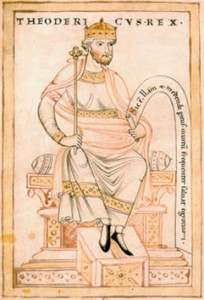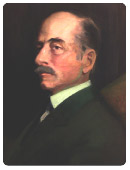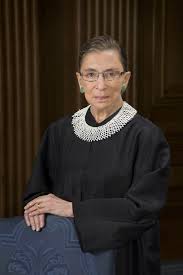 Yesterday I was honored to speak at the mid-year graduation ceremony at Eckstein Hall. Twenty three graduating students and hundreds of friends and family came together with Dean Kearney, faculty and administrators to celebrate the event. What follows are my prepared remarks.
Yesterday I was honored to speak at the mid-year graduation ceremony at Eckstein Hall. Twenty three graduating students and hundreds of friends and family came together with Dean Kearney, faculty and administrators to celebrate the event. What follows are my prepared remarks.
Dean, fellow faculty, invited guests, and most importantly, December graduates. I am honored to be with you on such a momentous day.
Class of 2014, today is the day that you thought would never come. Today is the day that you embark on your legal careers. Even in normal times, the transition from law school to practice can be an anxiety-inducing event. But these are not normal times.
The practice of law has been undergoing significant change in recent years. Venerable old law firms, with names over a century old, are disappearing, through merger and bankruptcy. It seems that lawyers are better known for their television commercials than for their legal arguments. And the basic day to day legal work that law firms have traditionally relied upon to meet their overhead is now being outsourced offshore to cheaper lawyers in New Delhi and Manila.
I doubt that someone of my generation can even understand the challenges that you will face in your future careers, much less presume to offer you any advice on how to meet those challenges.
Let me give you some idea of how the practice of law has changed over the last quarter of a century. When I graduated from law school in 1988, I went to work at a large law firm (at a job that I expected to have for my entire career). I wrote briefs in longhand on yellow legal pads, and gave the sheets to a secretarial pool for typing. And if I wanted to do any online legal research, I had to go to the firm’s sole designated Lexis terminal, which was located in the law firm library and which was hardwired via phone line straight into Lexis headquarters (because there was no such thing as the internet).



